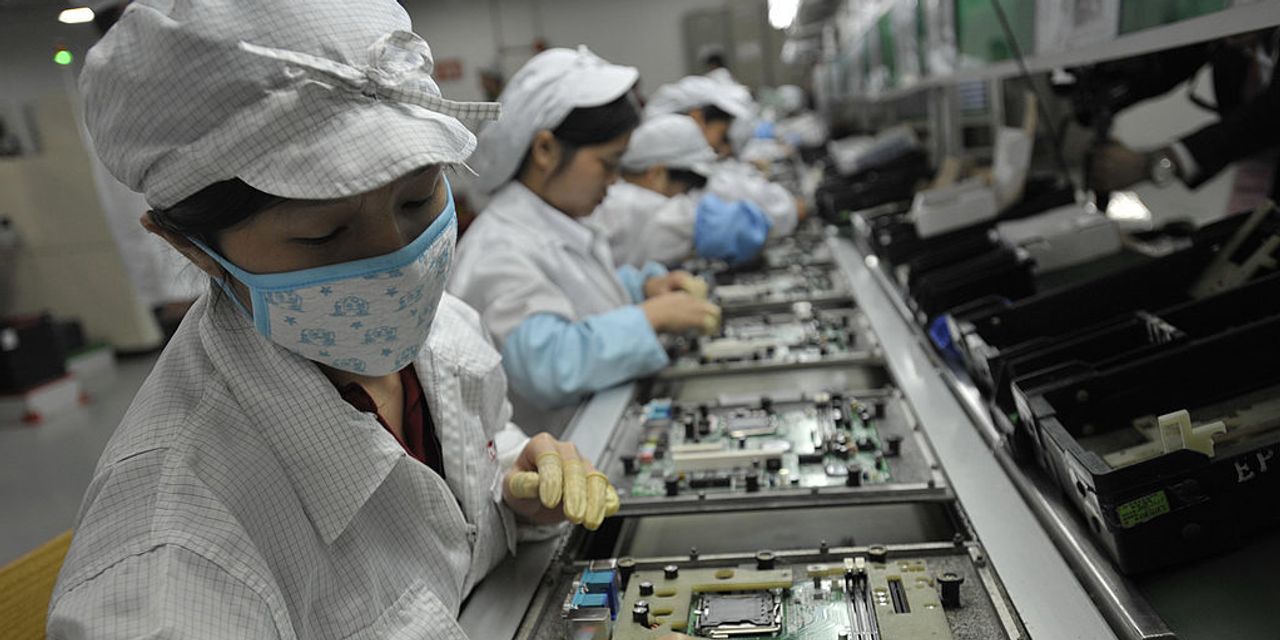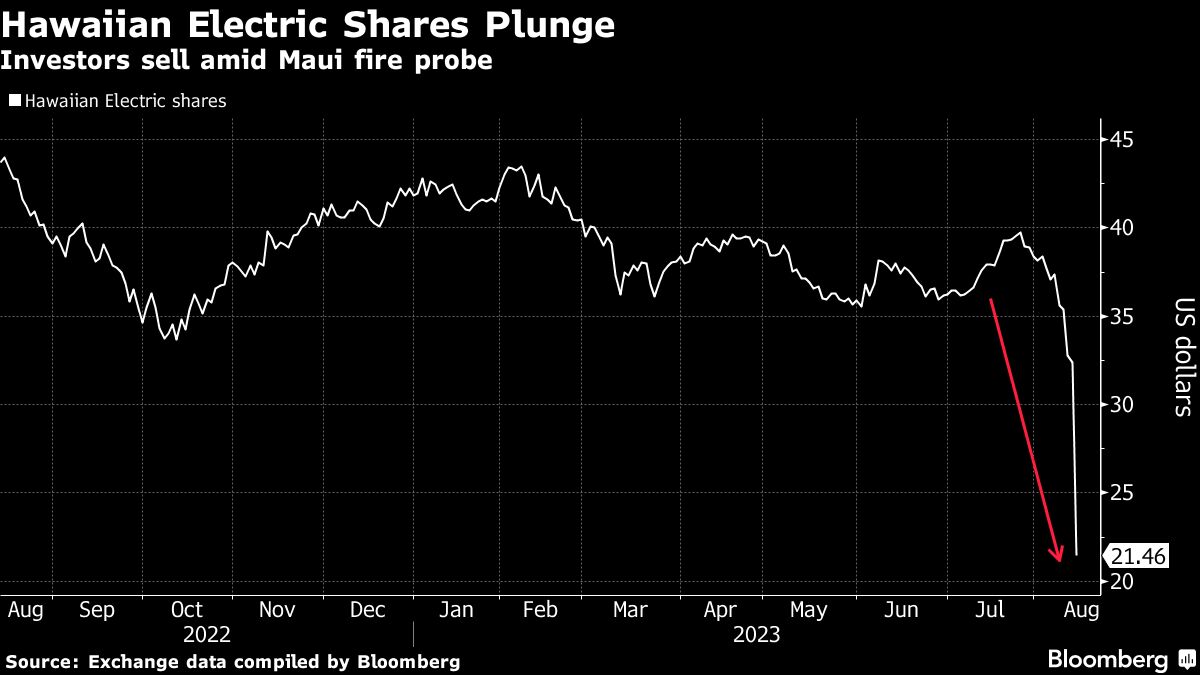(Bloomberg) — One of China’s largest private wealth managers has raised fresh concern about the health of the country’s shadow banking industry after it missed payments on several high-yielding products.
Most Read from Bloomberg
Three companies said late Friday that they had failed to receive payments on products issued by companies linked to Zhongzhi Enterprise Group Co, which has about 1 trillion yuan ($138 billion) in assets under management.
Investors are already concerned about the health of the Chinese economy and financial markets. Country Garden Holdings, one of the country’s largest developers, is on the brink of default, while loans from Chinese banks fell to their lowest level since 2009 last month.
Read more: Fan fears the loss of a country garden in the Chinese real estate market
Chinese stocks fell, with the CSI 300 index posting its biggest loss since October, while the yuan weakened.
Missed payments are likely to add to concern about the health of China’s $2.9 trillion trust industry, which combines characteristics of commercial and investment banking, private equity and wealth management. Companies in this sector pool household savings to make loans and invest in real estate, stocks, bonds and commodities.
The trust industry, which wealthy Chinese once saw as a safe place to deposit their money for huge returns, has over the past years been a growing concern for authorities who have sought to rein in its reach. The industry has been plagued by missed payments over the past years, particularly in real estate-related investments.
Read more: China Orders Surprise Review of $3 Trillion Trust Industry
Nacity Property Service and KBC Corp. announced. For the first time reported the news of delayed payments by Zhongrong International Trust Co in two statements on Friday evening. KBC, a carbon products manufacturer, said in a statement to the Shanghai Stock Exchange that the late payments are related to 60 million yuan invested with Zhongrong Trust.
Another listed company said on Friday that payments on a wealth product it bought from a Zhongzhi unit were overdue this month and it would take legal action to recoup the investment losses.
The National Administration for Financial Regulation, Zhongrong Trust and parent Zhongzhi Group did not immediately respond to requests for comment.
Zhongrong Trust said it was aware of fake messages being posted on social media stating that the company could no longer operate and that the company had reported them to the authorities, according to a statement on its website.
The trusted company alone has 270 products with a total value of 39.5 billion yuan due this year, according to data provider Use Trust. The average return on those products was 6.88%, compared to the standard rate of 1.5% on one-year deposits paid by banks.
In an unverified message circulated on social media, a wealth manager at Zhongzhi apologized to his clients, saying the group’s wealth arms had decided to delay payments on all products since mid-July. The letter said the accident involved more than 150,000 investors with outstanding investments totaling 230 billion yuan.
Zhongzhi, described by Chinese media Caixin as one of China’s premier private holding financial groups, was founded by Xie Zhikun. Xie has developed the company into a financial giant whose business extends beyond trusteeships, private equity and wealth management. He died of a heart attack in 2021.
The company is Zhongrong’s second largest shareholder, with ownership of about 33%. The group also owns stakes in five other licensed financial firms, including a mutual fund manager and two insurance companies, and has invested in five asset management companies and four wealth units, according to its website. It also controls listed companies and holds 4.5 billion tons of coal reserves among its industrial operations.
Concern is growing about the health of the country’s real estate industry. Trust companies, including Zhongrong Trust and MinMetals Trust Co., Ltd. , took stakes in at least 10 real estate projects last year, and is betting that the unfinished homes will eventually generate cash to pay back some of the $230 billion in property-backed money they have issued to investors.
The CSI 300 Index was down 1.5% at 11:05 a.m. local time, while the Hang Seng China Enterprise Index was down 2.9%. The yuan was 0.3 weaker at 7.261 per dollar.
Most Read by Bloomberg Businessweek
© 2023 Bloomberg LP



